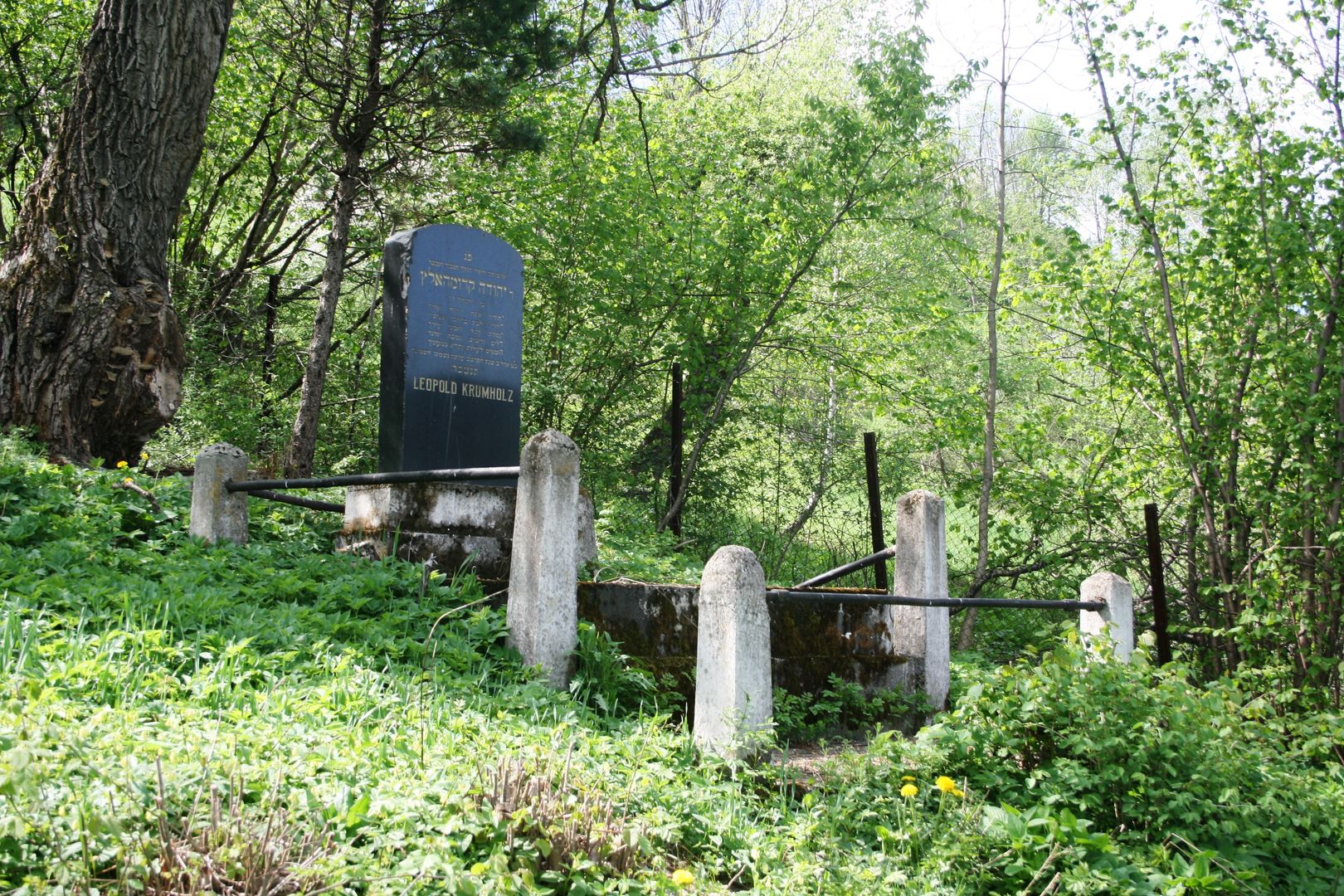Jewish cemetery in Krościenko
6.68

Overview
The Jewish cemetery in Krościeńko nad Dunajcem, located on Sobieski Street, is a defunct memorial site whose exact founding date remains unknown. During World War II, a mass grave on the cemetery became the final resting place for 130 victims of executions carried out by the Germans in nearby towns in 1942. After the war, the cemetery fell into neglect and oblivion. The situation changed in 2018 thanks to the efforts of Dariusz Popiela and the support of the Nissenbaum Family Foundation and the Jewish Historical Institute in Poland. The cemetery was renovated, including the installation of a monument commemorating the local Jewish community, the identification of mass graves, and the placement of informational plaques. The cemetery was also fenced, contributing to its protection. As a result of wartime devastation, only a few relics remain on the cemetery, including one matzevah with inscriptions in Polish and Hebrew, and a fragment of a slab with the date "1928." An interesting architectural feature is the tomb of Leopold Krumholz, a wealthy merchant from Szczawnica, which has been preserved in good condition. His tombstone, adorned with Hebrew inscriptions, includes text highlighting the deceased's merits, noting that he supported the poor and the just. Krumholz died in 1920, and his tomb stands as a testament to the cultural heritage of Jews in the region. The cemetery is an important memorial site that recalls the tragic events of World War II and the history of the Jewish community of Krościeńko.
Location
Tickets
Powered by GetYourGuide
2026 Wizytor | All Rights Reserved